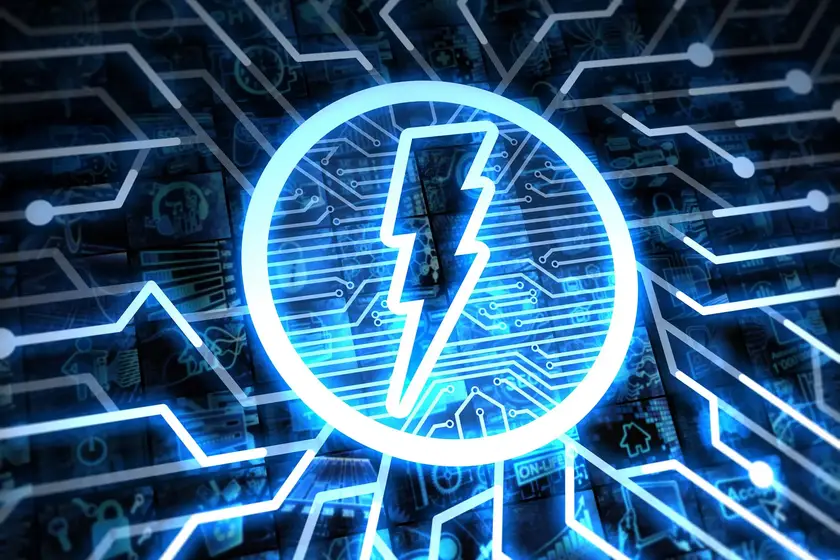
[ad_1]
The researchers have devised eco-friendly photovoltaic cells that possess high-efficiency levels and can utilize ambient light to power IoT devices.
IoT devices can be eco-friendly by using solar panels and energy harvesting for power while optimizing energy efficiency through energy-efficient sensors, wireless protocols, and processors.
Researchers at Newcastle University have developed photovoltaic cells with a high-efficiency rate capable of powering IoT devices using ambient light. These cells are environmentally friendly and can achieve up to 38% power conversion efficiency. Additionally, the researchers have implemented an energy management technique that utilizes LSTM neural networks to optimize energy usage and minimize power losses.
The team have developed non-toxic and eco-friendly dye-sensitized photovoltaic cells based on copper(II/I) electrolyte. These cells achieve an unparalleled power conversion efficiency of 38% and a 1.0V open-circuit voltage at 1,000 lux (fluorescent lamp), establishing a new benchmark for sustainable energy sources in ambient surroundings. The research has the potential to transform IoT device power and create sustainability opportunities in healthcare, manufacturing, and smart city development.
The researchers envision advancements in IoT device sustainability and efficiency through the use of advanced photovoltaic cells and energy management techniques with diverse applications across various industries. The team introduced an innovative energy management technique, using LSTM neural networks to predict changing deployment environments and adjust IoT sensor computational load. This system optimizes energy-harvesting circuit efficiency, preventing power losses and brownouts.
The study highlights how combining artificial intelligence and ambient light as a power source can facilitate the development of next-generation IoT devices. These energy-efficient IoT sensors utilize high-efficiency ambient photovoltaic cells and can adjust their energy usage based on LSTM predictions, leading to considerable energy conservation and decreased network communication demands.
Reference: “Emerging Indoor Photovoltaics for Self-Powered and Self-Aware IoT towards Sustainable Energy Management” by Hannes Michaels, Michael Rinderle, Iacopo Benesperi, Richard Freitag, Alessio Gagliardi and Marina Freitag, 13 April 2023, Chemical Science.
DOI: 10.1039/d3sc00659j
[ad_2]






